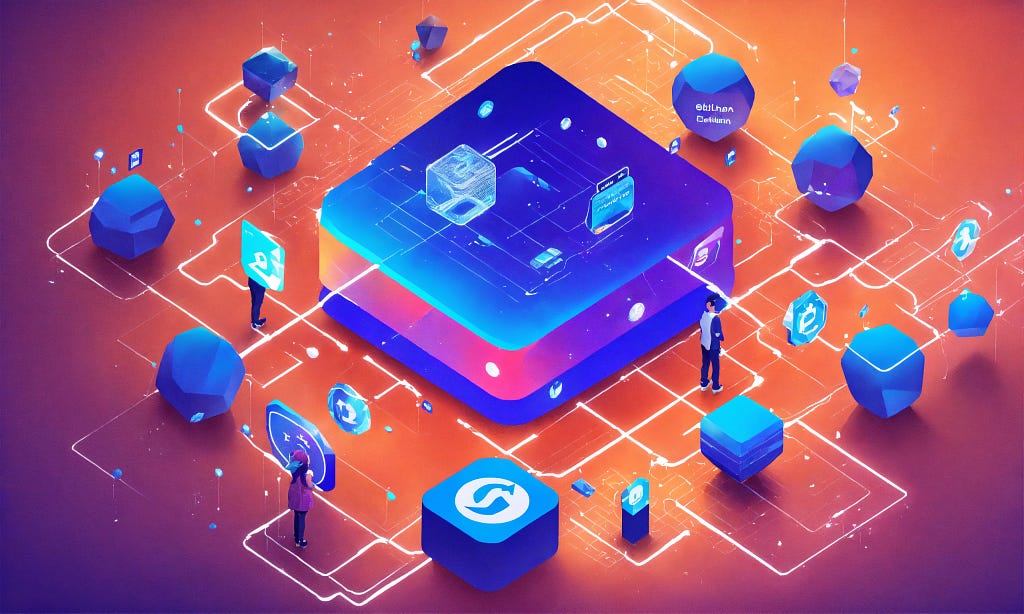Blockchain technology has primarily been celebrated for decentralizing money, enabling censorship-resistant applications, and fostering trustless interactions. However, one of its most promising yet underexplored frontiers lies in blockchain-powered data marketplaces — platforms where individuals and organizations can securely buy, sell, and monetize data without relying on centralized intermediaries. As data becomes the most valuable commodity in the digital economy, blockchain could democratize data ownership, improve privacy, and create new economic opportunities. But what exactly are blockchain data marketplaces, and why haven’t they taken off yet?

Blockchain data marketplaces are decentralized platforms that facilitate data exchange directly between data owners and buyers, leveraging blockchain’s transparency, immutability, and security.
Despite these advantages, blockchain data marketplaces are still nascent, with only a handful of projects experimenting in this space.
Blockchain’s unique features make it an ideal infrastructure to address longstanding issues in data markets:
Together, these features can transform data from a siloed resource controlled by giants into a vibrant, accessible asset class.
Several technical and regulatory hurdles have kept blockchain data marketplaces from mainstream success:
Innovations like data unions, federated learning, and secure enclaves are being explored but have yet to fully overcome these obstacles.
If these challenges are addressed, blockchain data marketplaces could unlock exciting new applications:
As data becomes more valuable, the demand for decentralized, fair, and secure marketplaces will only grow, positioning blockchain as a natural foundation.
Blockchain-powered data marketplaces represent an intriguing but largely unexplored frontier in the blockchain space. By enabling secure, decentralized, and transparent data exchange, they have the potential to democratize data ownership, enhance privacy, and unlock new economic models. However, significant technical, regulatory, and adoption challenges remain. The projects pioneering this space today could shape the future of data and digital economy, making blockchain’s next big leap not about currency, but about data as a shared, valuable asset.
If you found this article insightful, don’t miss out on future content! Subscribe to my Medium profile and follow me for weekly updates. Every other day, I publish new articles exploring the latest trends, innovations, and insights in technology, governance, and beyond. Join me on this journey of discovery, and together, let’s explore the endless possibilities of our rapidly evolving world.
Data is the New Oil: How Blockchain Could Revolutionize Data Trading was originally published in Coinmonks on Medium, where people are continuing the conversation by highlighting and responding to this story.
Also read: Solana’s Tokenized Stock Market Jumps to $48 Million as On-Chain Trading Grows